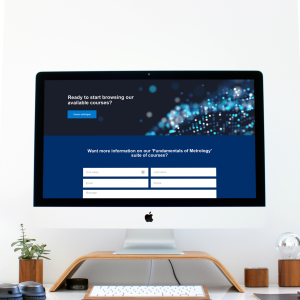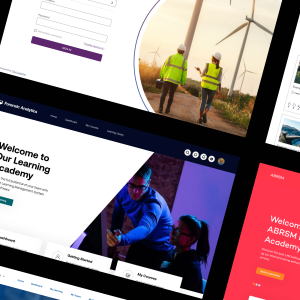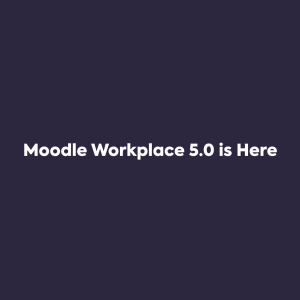We’re incredibly excited to introduce you to the Learn with Purpose podcast – hosted by Titus Co-founder Seb Francis, this podcast series sees us speaking to innovators who are reshaping the future of education and corporate Learning. Whether it’s an interesting story or real-world applications you can take away to implement at your organisation, the Learn with Purpose podcast is a must-listen-to for any L&D professional.
Our first episode sees us speaking with Kevin Alster, Strategic Advisor at Synthesia, a company at the forefront of AI-generated video content. For those who aren’t familiar with Synthesia, it is truly a revolutionary AI tool which creates life-like video avatars from written scripts, especially for training and development purposes. Kevin shares insightful stories from his journey and how AI video technology is transforming L&D, making it more efficient, engaging, and scalable.
Highlights from the Episode
Here are a few key moments to revisit in the podcast:
00:10: Kevin introduces Synthesia’s journey from a research project to an enterprise video communication platform.
06:50: How AI video simplifies content creation and lowers the barriers to video production in L&D.
12:30: Kevin discusses the “uncanny valley” and the gradual acceptance of AI avatars in instructional content.
17:00: Kevin outlines the role of AI avatars in creating personalised learning content.
37:20: Discussion on the future of AI in L&D and how it can save time for businesses to better engage with their people.
5 Key Takeaways You Can Apply from This Episode
"You need to think about how to use this technology effectively to engage learners in new and meaningful ways"
Kevin Alster, Strategic Advisor at Synthesia.
1. The Future of Learning is Iterative
Whether or not it’s in our careers or when we were at school, we have all at some point come across stale and outdated learning resources. Kevin introduces the idea that the reason we have experienced this is that creating content up until now has been both difficult and time-consuming, with plenty of organisations not having the resources to continuously update their learning. AI can break down these barriers, allowing organisations to create iterative changes to their content quickly.
2. Balancing Technology and Human Touch
As AI integrates into L&D, the challenge becomes balancing automation with human interaction. While AI can handle repetitive tasks and scale content, it’s the human element that fosters deeper connections, empathy, and long-term learning engagement.
3. Redefining Personalisation in Learning
AI is allowing for incredible levels of personalisation within our content creation, but true personalisation goes beyond creating content with different avatars or spoken in different languages. It’s about creating content that resonates with your audience, keeping these thoughts at the forefront of your content creation will allow you to utilise AI to its fullest potential.
4. Rethinking the Role of L&D Professionals
As AI takes over some of the manual tasks associated with content creation, L&D professionals can shift their focus. How can L&D teams use this extra time?
5. The Ethical Implications of AI in Learning
As AI-generated content becomes more prevalent, it’s crucial to reflect on the ethical implications of using technology in learning. Are we using it to enhance education, or are we unintentionally replacing human connection with automation? What safeguards need to be in place to ensure AI is used thoughtfully?







